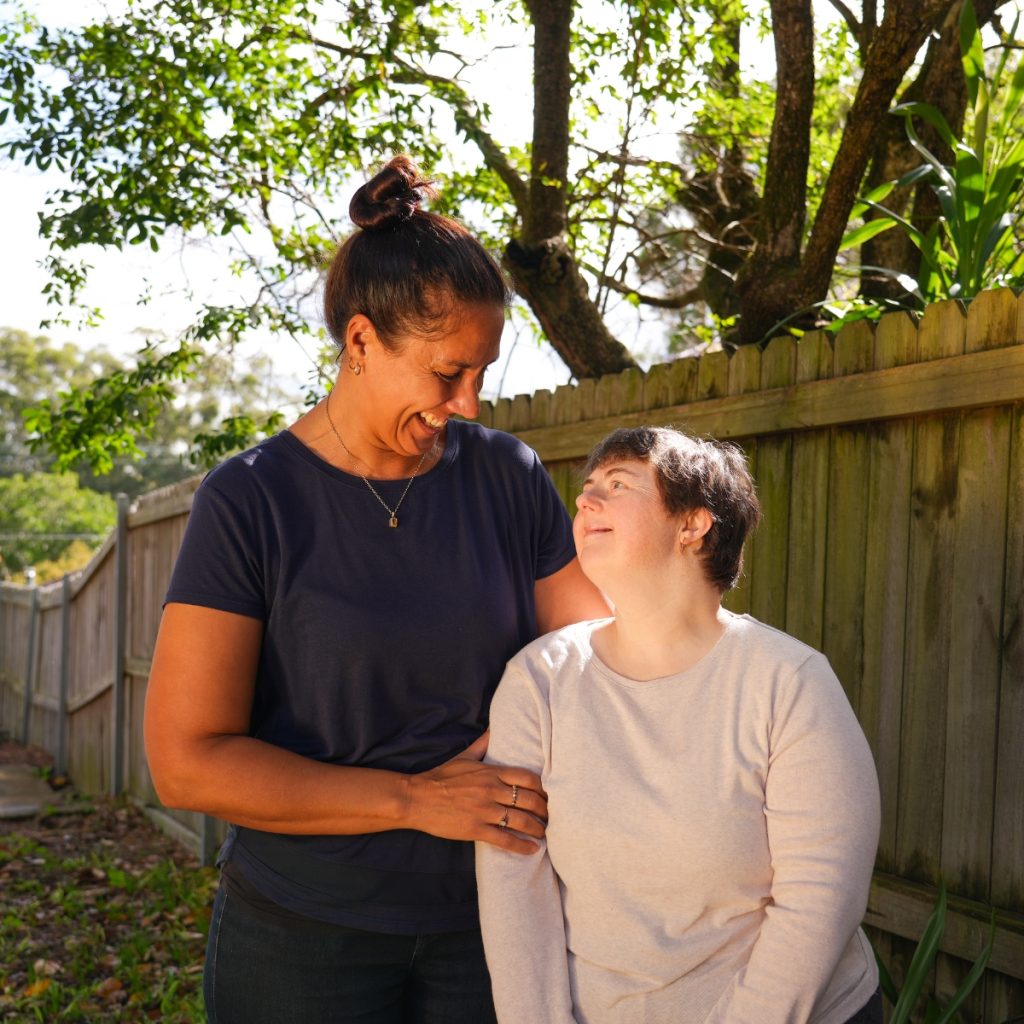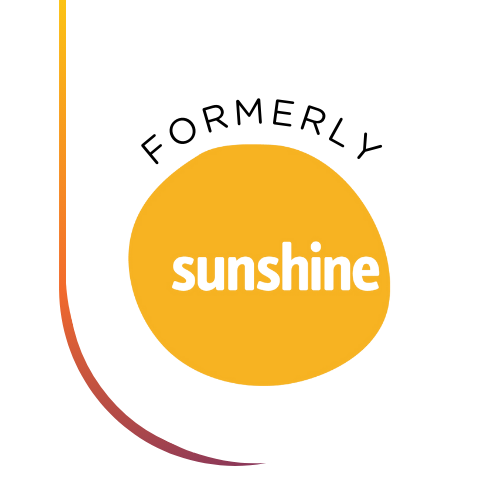THE ROYAL COMMISSION INTO THE DISABILITY SECTOR
As you’ve probably heard through the media, there has been a Royal Commission into the disability sector. This is good news. Here we have created some information for you to read so that you have a good understanding of why it’s important to the sector and what it means for Unisson.
Read through detailed information about the Royal Commission into Disability Public Hearings or find more information about the Issues Papers that have been released.
Understand the role and work of the Royal Commission:





